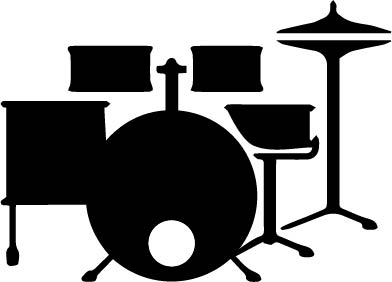Bands and Choirs Overcome Challenges Amidst Continuing Pandemic
What is it like to be a part of the music department during a pandemic? Well, band is a lot different, masks must be worn everywhere and students cannot regularly practice their horns like they usually would.
Playing in a band is difficult under the current circumstances. It is hard for bands because hearing everything else that is going on is important to the overall sound that a band is making. Director of Bands at UW-Platteville Matthew Gregg says it is hard not being together.
“I’m having [Symphonic Wind Ensemble] students submit individual video recordings to a click track, and I am putting them together. It’s a way for us to play together, kind of, but we aren’t reacting in person,” Gregg said.
Being able to play together is a large part of any band’s success. Hearing where everyone is, the emotion of the song in the room and all the noises that are going on are important aspects that need to be there for a band to succeed and, when taken away, result in struggle.
Some of the bigger bands on campus are being split up throughout the week. University Band is split between the woodwinds, brass and percussion. This is because the players need to hear the percussion to keep time.
“They do not hear the other parts until they hear the whole track,” Gregg said.
The band is also affected because they cannot move forward. One group may be doing well on a part while another is struggling. Each section only gets an hour a week with the director. This hour is now crucial, and the director must fit two hours of work into only one.
Lessons are like this too. “We used to have hour-long lessons, now they are thirty minutes,” music education major Kadie Kraabel said.
This is a drastic cut. Lessons are important for music majors because they provide one-on-one time with a professional in the field. Lessons are how a student becomes the best they can be on their instrument. Lessons shape how a student plays and how well they can perform. Playing does not just help them understand their instrument better; becoming a better player improves your ability to teach a certain instrument as well.
Although masks must be worn by everyone, not just music majors, it is harder for music majors, especially the choirs and classes that require sound to be made through the mouth. The masks block the airflow and the resonance that would usually come out. They also muffle the sound, which affects the tone of the singer. This can be especially frustrating when a singer needs to do well on an exam but cannot because the mask is getting in the way.
Masks are also upsetting to the instrumental side of music. The players need to pull down their masks to play. Then, they breathe in the air around them, but they have covers on their instruments which prevent spit from flying out. This cover mostly works for brass. Woodwinds, however, have holes in the entire body of their instruments to get the right sound; they cannot cover every hole without affecting the sound quality.
Practice rooms have been a lot different this semester than they have been in the past. Performers need to get a scheduled time and a scheduled room from the Performing and Visual Arts Office to practice. Doudna Hall, the building with most of the practice rooms on campus, is only open until 8p.m. instead of 11p.m. as it would be for regular semesters. The scheduling can be problematic because sometimes people have sudden urges to practice but now cannot because they need to schedule ahead of time.
On top of that, with Doudna closing earlier there are less hours to practice. Being a college student can be stressful, especially for a music major, because the practice time is crucial to success.
The music department has suffered a lot during the pandemic. They cannot do things as normally or as functionally as usual, though they are doing the absolute best they can. They are making things work and providing the students their education. Even when things got tough, they made sure the students could succeed.




